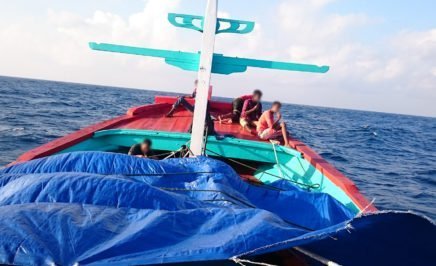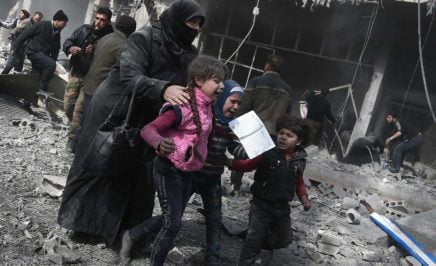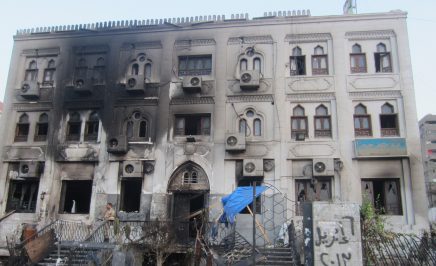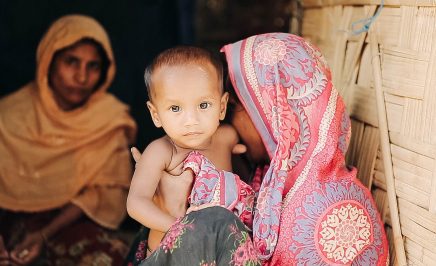With the crisis in Syria showing no sign of waning, we shed light on what is happening and what can be done about it.
What has life been like in Syria?
Described as the worst humanitarian crisis of the 21st Century, the civil war in Syria is a tragedy for the men, women and children who are living through unimaginable horror.
Nearly half the population – that’s nearly 12 million people – has fled in fear and so far, over 250,000 people have been killed.
Huge numbers continue to risk and lose their lives in fleeing the crisis.
The first major protests in Syria began in March 2011, with a day of protest in both Damascus and Daraa. Inspired by events in Egypt and Tunisia, civilians in Syria protested against President Bashar al-Assad’s regime and for the release of political prisoners.
As demonstrations spread around the country, government forces responded violently by opening fire on protests and torturing and killing activists. Armed civilians formed rebel groups to fight back. What started as a few peaceful protesters, turned into full blown civil war.
What started as a few peaceful protesters, turned into full blown civil war.
And things got worse…
Fighting and violence continued throughout 2012 and 2013, including an alleged chemical weapons attack in August 2013 by the government that killed 1,429 people as they slept. In September 2014, UN weapons inspectors claimed to have found evidence that rockets containing the nerve agent sarin were used in the attack.
In January and February 2014, reports emerged of Syrian refugees starving to death because the government is restricting the delivery of aid to civilian populations in and around Damascus, including the al-Yarmouk camp.
And what’s it like now?
Nearly five years on from the first uprising on the streets of Damascus, the people of Syria are still suffering.
Nearly five years on from the first uprising on the streets of Damascus, the people of Syria are still suffering.
Indiscriminate use of barrel bombs in Eastern Ghouta and the lack of humanitarian access and aid in besieged areas, forced displacement and demolitions of homes in Northern Syria and enforced disappearances are just some of the continuing human rights issues facing the country.
The lack of supplies and humanitarian aid is a massive concern in Syria and continues to worsen. Doctors describe seeing civilians dying because there are not enough medical supplies making it into the country and staff at hospitals have little capacity to help. One surgeon working in Eastern Ghouta said, “I saw people dying in the hospital because we had no capacity to help them…in our case we are trapped and the injured and the ill are paying that price.”
“I saw people dying in the hospital because we had no capacity to help them…in our case we are trapped and the injured and the ill are paying that price.”
With the rise of the armed group calling itself Islamic State (IS), and other armed groups, and the involvement of world powers, the conflict has escalated beyond fighting between those for or against the government. War crimes, human rights abuses, and violations of international humanitarian law committed by all sides have so far gone unpunished.
Government forces continue to attack civilian areas, detain peaceful political activists, and have imposed sieges that deprive people of food and other basic necessities.
Government forces continue to attack civilian areas, detain peaceful political activists, and have imposed sieges that deprive people of food and other basic necessities.
Rebel groups continue to shell indiscriminately, detonate car bombs in civilian areas, and kidnap and kill foreign journalists, aid workers, activists, and army and pro-government forces. Armed groups like IS have also prevented aid from reaching people in need.
So what needs to happen?
With the G20 World Leaders Summit being hosted in Turkey – one of Syria’s closest neighbours – it should be difficult for those attending to ignore what is happening across the border and they must come up with a political solution.
Prime Minister Malcolm Turnbull will be attending his first G20 as the new leader of Australia. He has a platform and a golden opportunity to show real leadership. The time for change is now and what better country to lead the charge than Australia?
Malcolm Turnbull must call on G20 countries to provide a safe home for the people struggling to survive in Syria by:
- taking all steps to avoid civilian casualties during military operations
- breaking the diplomatic stalemate so food, water and urgent medical supplies can get to those in desperate need
- make sure medical supplies and humanitarian aid gets through to the people who desperately need it
- improve access for independent human rights organisations to document human rights abuses so perpetrators can be referred to be held to account
- resettling more Syrian refugees beyond current commitments.
Article by Katie Young, Online Editor









